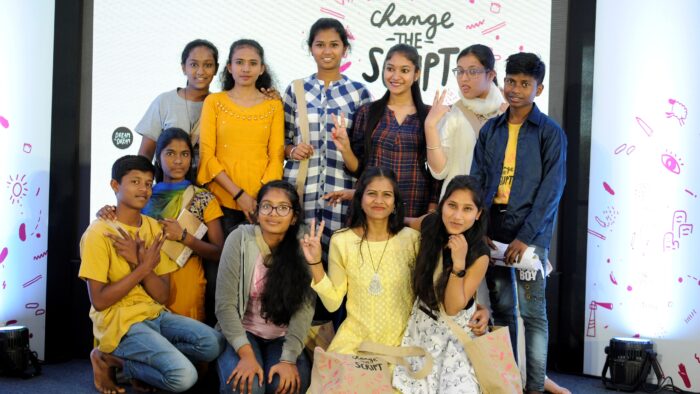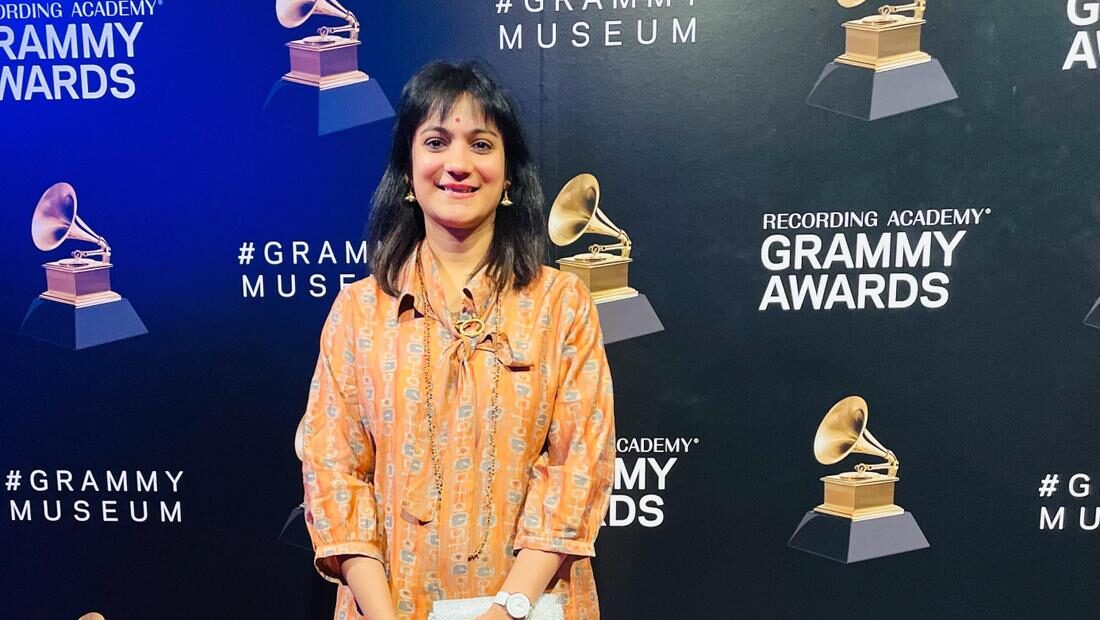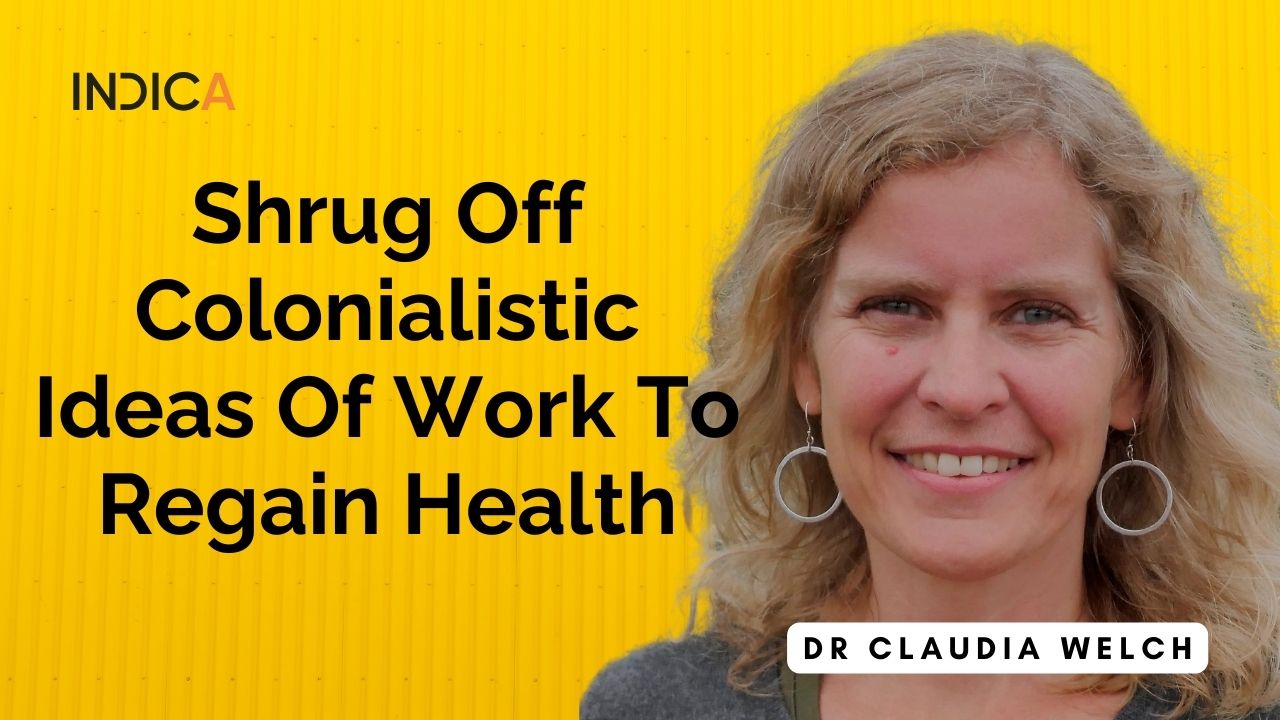Dream a Dream is an organization focused on building India’s future strength through empowering children. Vishal Talreja is the Co-Founder, and one of his current responsibilities is to develop Dream a Dream’s partnerships around the world through the following methods:
1. Developing strategic partnerships with government and other non-profit organizations to scale the impact of Dream a Dream's approach.
- Developing strategic partnerships with key funders and institutional partners to support Dream a Dream's work and scale plans.
- Support Dream a Dream with building a supportive community of practitioners, government, funders, key influencers and decision makers, school leaders, parents and young people to work together and achieve collaborative impact.
- To share insights in organizational building, challenges faced by young people, innovative approaches that help transform lives of young people and around framework change in Education. To do this through opinion pieces, articles, white papers, research papers and speaking engagements.
Vishal writes that now, his role has shifted “towards focus on advocacy; advocacy of key insights developed in our work with young people.”
Dream a Dream has become quite well-known in the social sector circles, thanks to multiple awards. “Over the years, Dream a Dream has received recognition for its innovative model and work. Dream a Dream is a GuideStar Platinum certified NGO, 3-time winner of the Outstanding Annual Report Award, 3-time regional finalist of the India NGO of the Year Award, Runner-up at the GDN Most Innovative Project Award and has been recognized by Lego Foundation and Ashoka as a Champion in the space of Re-Imagining Learning in the world. In 2019, Dream a Dream has been recognized as Innovator of the Year by HundrED.org which looks to identify and recognize 100 Global Innovations on K12 Education from across the world. More recently, in 2020 Dream a Dream won the World Football Summit (WFS) Football for Good award presented by Common Goal.”
Tell us more about Dream a Dream.
“Dream a Dream is a registered, charitable trust empowering children and young people from vulnerable backgrounds to overcome adversity and flourish in the 21st century using a creative life skills approach.
We are a 20 year old organization working directly with young people in Bangalore, through programs that we have designed and delivered ourselves. We work on training teachers on how teachers can bring more empathy and creativity in classroom environments. And now we are also working with governments on how governments can systematically transform education, and bring in more life skills
Since inception, we have worked with over 100,000 young people through our direct programmes that use arts and sports to develop critical life skills and provide career guidance and skills training to ensure a healthy transition to adulthood. These programs have consistently shown an improvement in life skills scores - more than 90% of beneficiaries as per our 2018-19 impact report.
We have also trained over 9,440 teachers, impacting 236,050 children since 2013 through TDP and our Delhi partnership took our approach to over 800,000 students.
In terms of our Ecosystem impact, we look at, number of state partnerships integrating life skills and second, products and research produced to inform the ecosystem and embed this approach in policy and external interventions. In 2019, we have integrated 2 life skills based curriculums (Happiness Curriculum) for Delhi (1,024 schools) and Uttrakhand (20,000 schools). We are partnering with 5 other state governments and plan to reach 4 million children across these states over 5 years.
We focus on developing life skills (problem solving, taking initiative, managing conflict, interacting with others, and understanding and following instructions) to enable youth to overcome adversity and facilitate deeper learning and that’s what we measure as our outcomes.
We utilize the Life Skills Assessment Scale (LSAS) a standardized, peer reviewed and published tool developed by Dr. David Pearson and Dr. Fiona Kennedy, along with Vishal Talreja, Dream a Dream’s co-founder. They found that there were no tools designed to measure life skills and the efficacy of life skills programmes in the context of the global south or adversity. The scale has been used in four other countries - Thailand, Cambodia, Colombia and Kenya.”
Working with children means looking forward, and engaging with the increasingly global world that children live in. How does Dream a Dream fit into the international social sector arena? What is Dream a Dream's dream for the next 10 years leading up to 2030? How are you working towards UN SDGs?
In the international social sector, we represent the global south offering deep ground level insights by always keeping the child at the center. Today, we are part of more than 20 key international collaborations. Our work covers UN SDGs 3, 4 ,5 , 10, 8, 16, and 17. Today, we are recognised by others as a thought leader in the life skills space having outsized influence, a unique understanding of adversity, a transformative approach to shift mindsets and behaviours of adults around the child and strategic partnerships for scale. Our long term goal is to achieve societal transformation by changing education paradigms.
 What are your signature products or systems? How do you use them in India?
What are your signature products or systems? How do you use them in India?
“In 2006, Dream a Dream was struggling to measure the impact of its Life Skills Programmes. The organization looked at standardized scales around the world and either they measured specific life skills or they were not contextual to disadvantaged communities. Hence, the organization explored the idea of developing an assessment scale of its own. Working with Clinical Psychologists from the UK – Dr. Fiona Kennedy and Dr. David Pearson, led to the development of the Life Skills Assessment Scale (LSAS) which was launched in 2008 and published in 2014. We have 15 organisations utilising the scale within India and 4 organisations utilising the scale outside the country.
LSAS is used by NGOs, Donors, Researchers, Clinicians, Programme developers, Caregivers, Vocational Training Institutes, Higher Education Institutes, Colleges, Universities, and Employers. LSAS a simple, quick, reliable, and valid, measure of the life skills of disadvantaged and developmentally different children and young people in the developing world.”
When discussing the potential for Dream a Dream’s methods to reach other nations, as it already has started, the response was quite curious. “We don’t intentionally collaborate globally. However, we bring deep ground level insights from the developing world”, and that is what makes Dream a Dream an obvious role model for other developing nations.
India can definitely become a global leader in this field, lighting the path for organizations in developing countries to embark upon. But beyond that, it’s also about building organizations that make sense in India. When asked about the dream for India's social sector, a simple three-pointed response came through:
- Understanding collaboration
- Creating deep and sustainable impact
- Building your own story of the child
It is, indeed, important for India to understand how to collaborate across the world and sectors, ensure sustainability so that time and resources are utilized properly, and create positive storytelling to encourage hope and motivate others.





